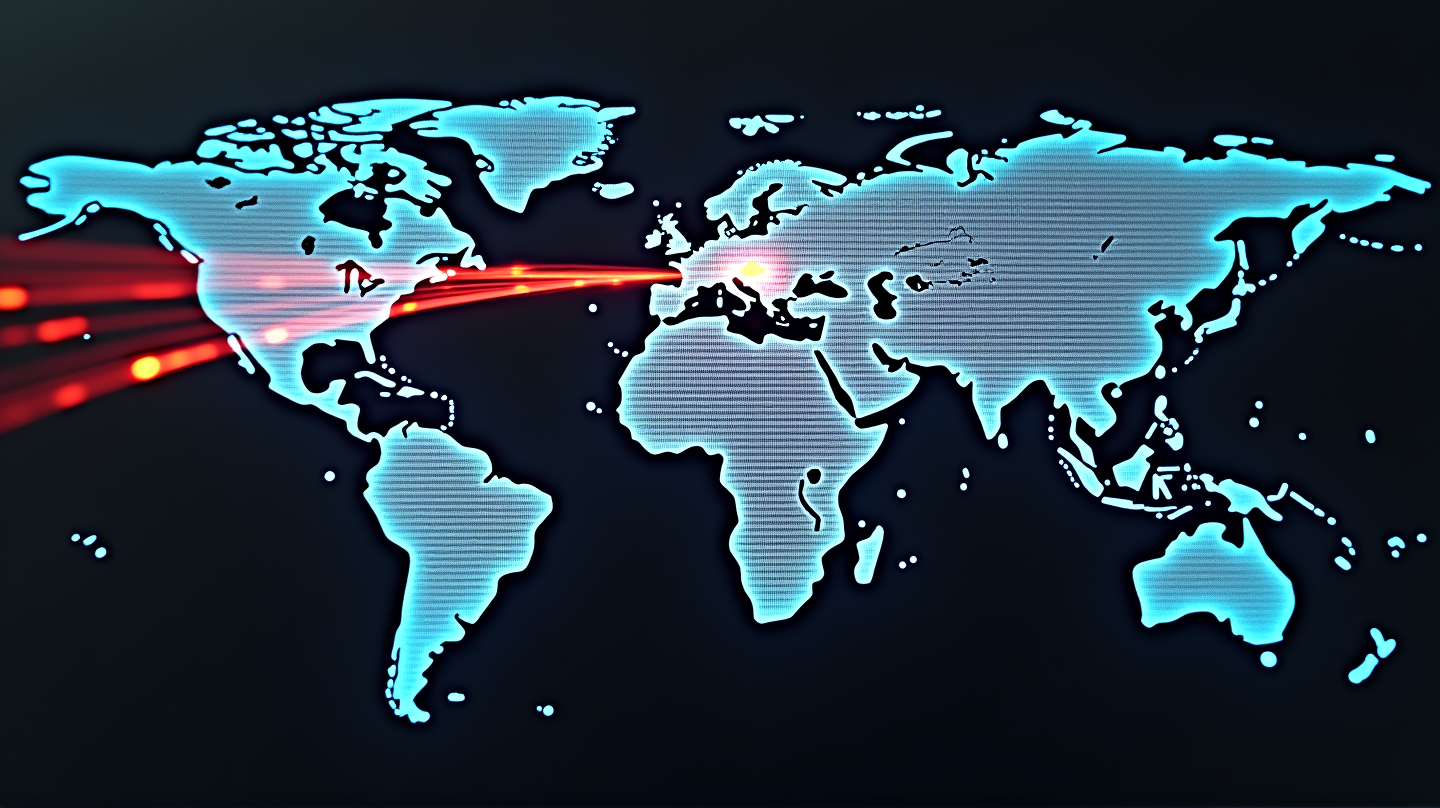In an era where warfare is as likely to occur in the digital space as it is on the battlefield, US officials sound the alarm about Iranian cyber threats despite a tentative ceasefire agreement. While diplomatic efforts are underway to pave a path for peace, cybersecurity experts caution that the digital front remains active and volatile.
Persistent Threats Amidst Ceasefire
US law enforcement and cybersecurity agencies have jointly issued a stark warning: Hacking groups sympathetic to Tehran may launch cyberattacks against critical US infrastructure. From utilities to economic hubs, potential targets are vast and integral to the nation’s wellbeing. Even sectors least associated with geopolitical tension, such as defense contracting with Israeli ties, are vulnerable to retaliatory digital strikes.
Cyber Conflict: An Invisible Battlefield
Distinguishing cyber conflict from traditional forms of warfare is essential. Hacking groups often have informal ties to nation-states or may operate independently, driven by political motives. This ambiguity adds layers of complexity to any ceasefire agreement. As stated in thecanadianpressnews.ca, the intertwining of politics and cyber capabilities underscores an unpredictable and opaque digital landscape.
Defensive Measures: Enhancing Cyber Resilience
As these threats loom, reinforcing digital defenses becomes imperative. The recently issued bulletin recommends consistent software updates and robust password management to fortify systems against unauthorized penetration. The lack of widespread disruption so far serves as a reminder of these protective strategies’ potential efficacy.
Understanding Iran’s Cyber Playbook
Iran’s technical expertise may not rival more affluent cyber nations like China or Russia, yet its actions are bold and calculated. From stealing secrets to intimidating opponents, Iran leverages its capabilities to create international ripple effects. While some cyber groups align with military and intelligence directives, others act independently, driven by ideologies rather than direct governmental orders.
Crafting a Cyber-Secure Future
The digital warfront may seem distant, but its implications are global. Understanding and preparing for these unseen threats ensures that peace agreements translate not just into political diplomacy but also digital security. Only by recognizing the nuanced layers of cyber conflict can lasting solutions be forged.
